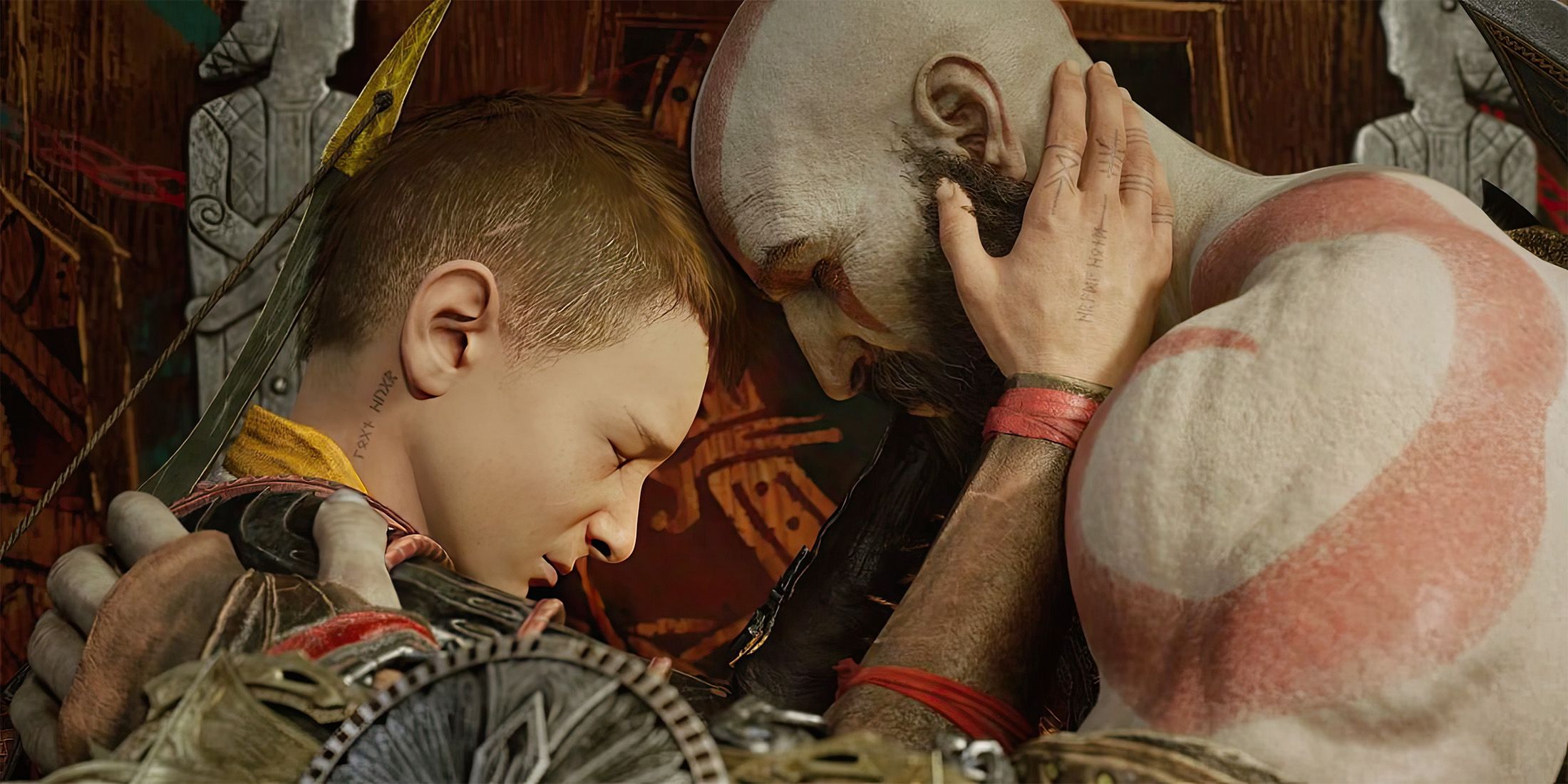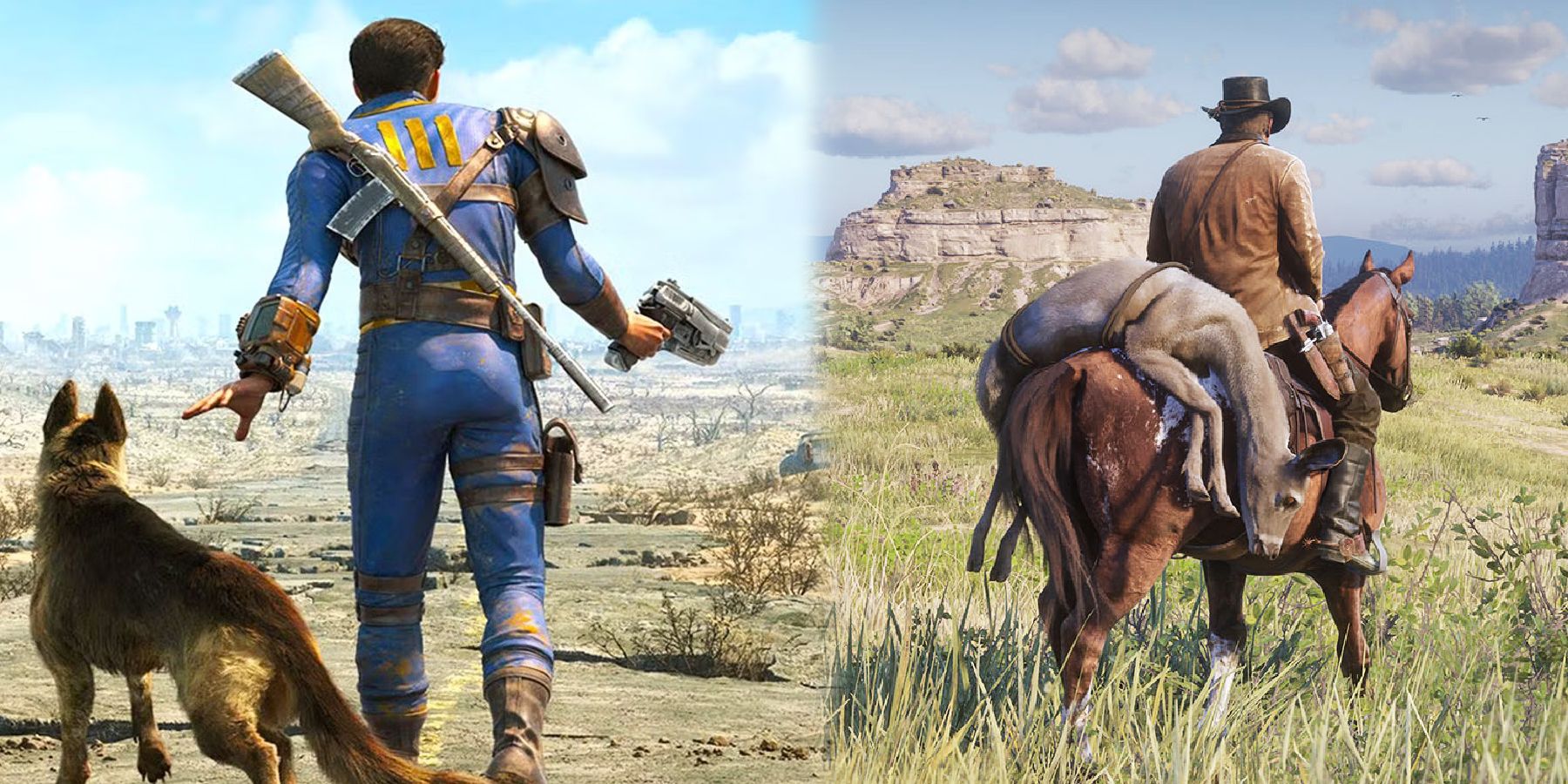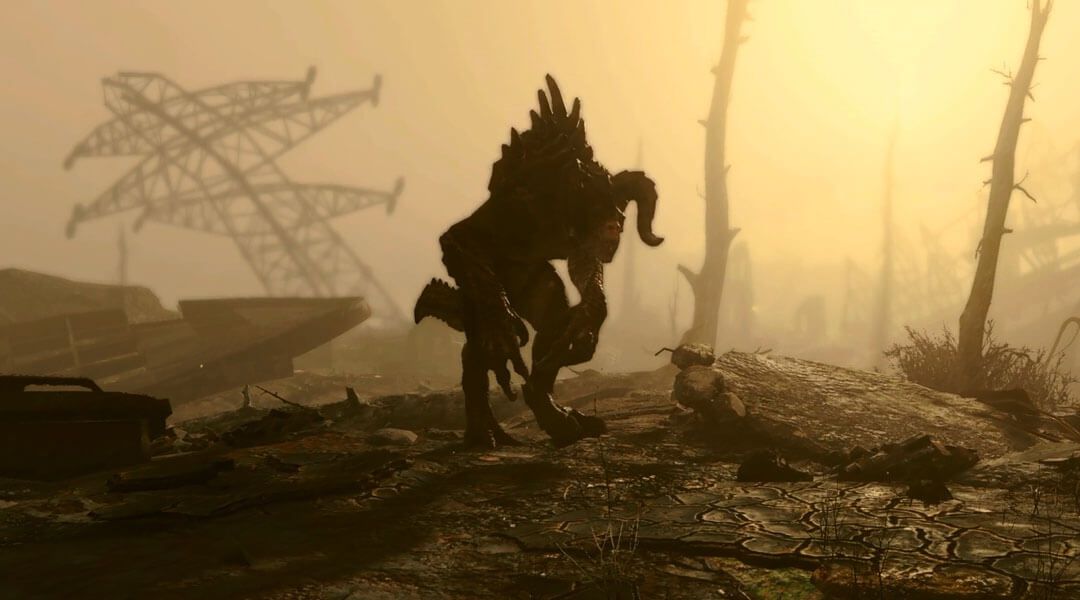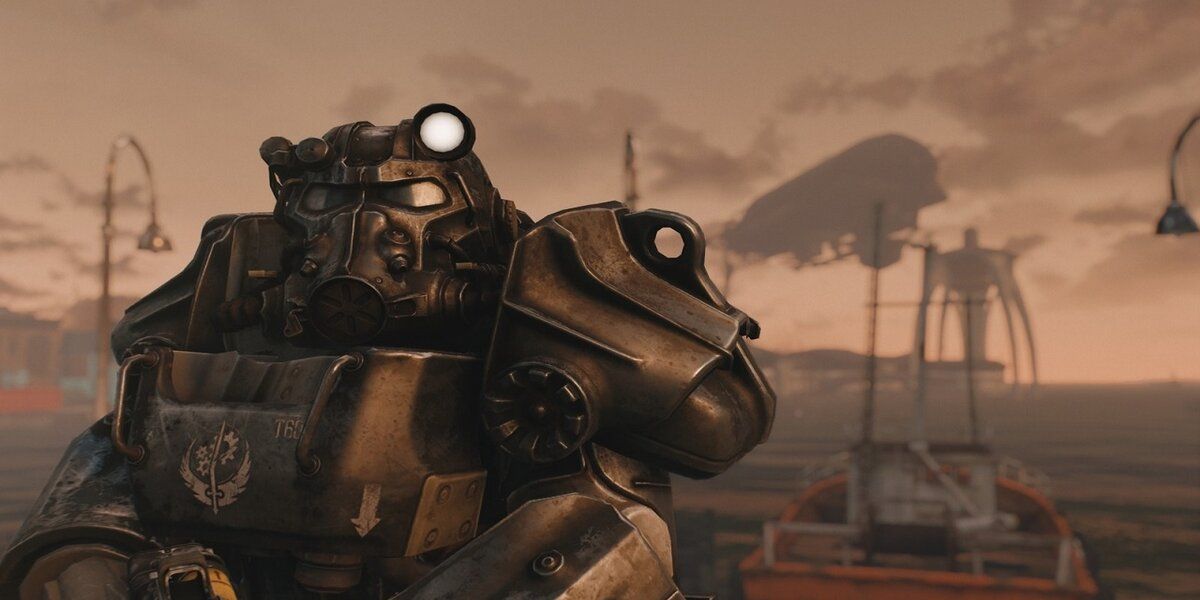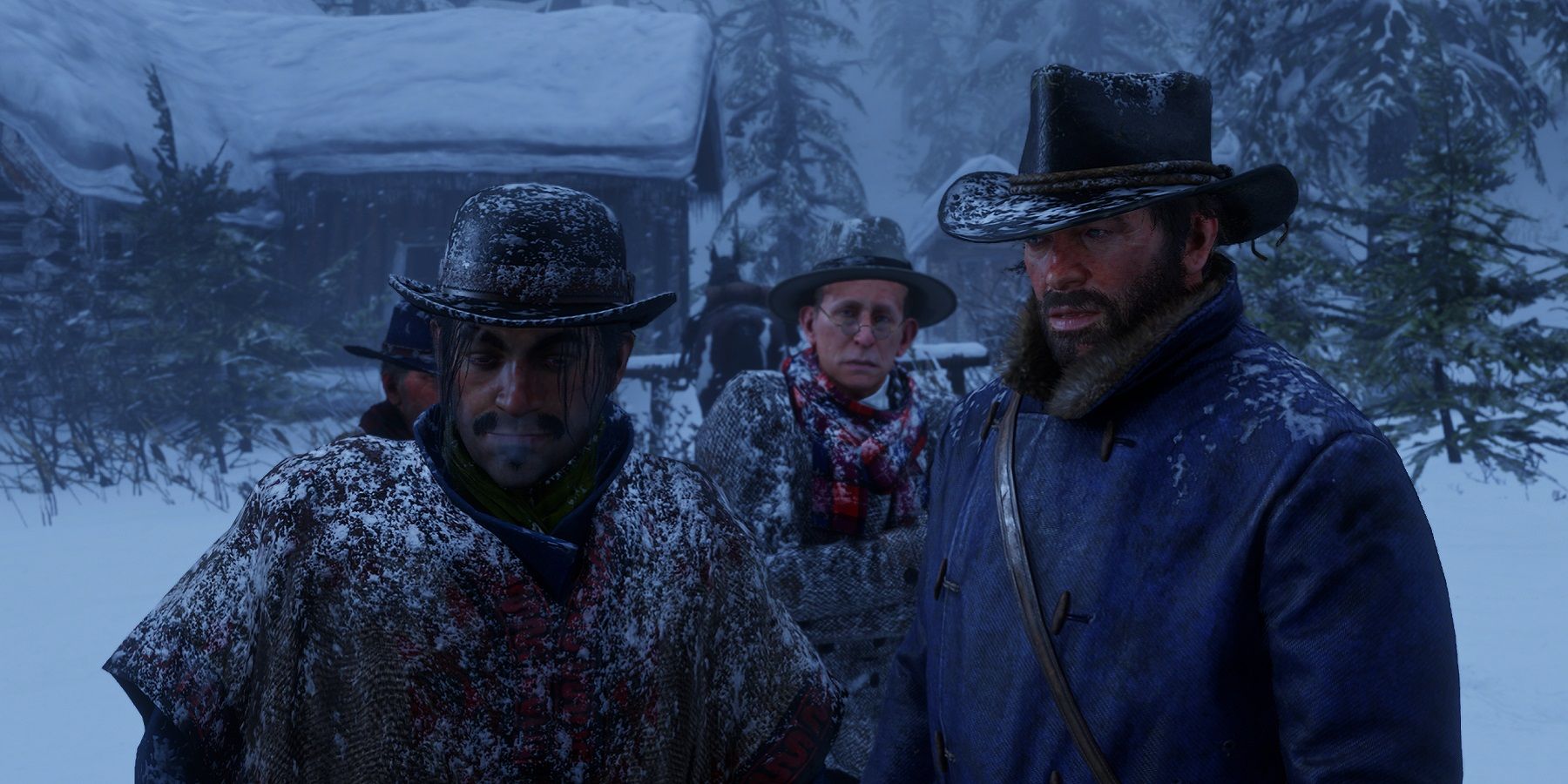The Fallout and Red Dead Redemption franchises are home to two of gaming's most popular open worlds with their detailed world-building and environmental design making their respective worlds feel alive. But despite being two entirely different genres set across vastly different time periods, the Fallout and Red Dead Redemption series share a lot more in common than just their open worlds. As each series has gone on, the similarities in the games' greater themes and lore have become more closely aligned than fans might realize at first glance.
Since Bethesda took the reins of the franchise in 2007, the Fallout series has become associated with top-tier world-building and environmental storytelling, developing complex themes within a harsh post-apocalyptic wasteland. Rockstar's Red Dead Redemption series also breaks from the traditional portrayal of the wild west to create an interweaving story of morally gray and often ambiguous characters trying to live their lives the best they can. There is a lot of overlap thematically between these two series' that is worth examining to better understand how universal certain elements of the human condition are.
Fallout and Red Dead Redemption Share a Common Theme of Survival
One of the biggest shared themes across these two franchises is simply the theme of survival. The unfamiliar and unforgiving frontiers of Red Dead Redemption's fictionalized American West pose threats on a similar level to Fallout's post-apocalyptic wasteland. The will to survive is one of the most basic instincts of humanity, and whether it's bears, bandits, and disease, or Death Claws, raiders, and radiation, working together to survive and thrive in a harsh environment is a necessity for even the most hardened adventurer.
Survival in Fallout's post-apocalyptic US setting is an obvious aspect of the series with supplies like food, non-irradiated water, and shelter all a rare and sought-after commodity. Management of these necessities is also an important part of the series' gameplay as drinking poor-quality food or water can inflict adverse statuses on the player and sleep won't be possible if enemies are near a shelter. In the greater universe of the game, these resources are extrapolated to play integral roles in the hierarchy of the new society as access to them becomes the basis for power in Fallout's post-Great War society.
While often romanticized as the peak of freedom, living in Red Dead Redemption's wild west setting poses an equal challenge for survival with untamed wildlife and food sources dependent on the whims of nature. Settlers living in remote areas were required to hunt, fish, and grow their own crops in order to survive and needed to build their own shelters out of the materials available to them. Even those living in small communities were not immune to the elements and disease as a particularly harsh winter could spell death for those unprepared, as highlighted by the opening hours of Red Dead Redemption 2.
Technology Poses a Threat to the Worlds of Both Fallout and Red Dead Redemption
A less obvious theme the two franchises share is the struggle between humanity and technology that often drives the central conflicts of their games' stories. The world of Fallout was destroyed by nuclear weapons during the Great War as a result of a technological arms race, and players are often directly confronted with the threat of robotic enemies such as Protectrons and Assaultrons. The Brotherhood of Steel faction in the Fallout series exists as a group dedicated to controlling this technology, believing they are the only ones able to wield such volatile and potentially destructive forces.
Technology plays a much more subtle but no less important role within the Red Dead Redemption series, proving to be a much greater source of conflict than it appears on the series' surface. With the series set at the end of the wild west era, the creeping specter of industrialization can be seen, such as with the oil drills of Red Dead Redemption 2's tycoon Leviticus Cornwall littered throughout the game's land. The way of life for many is threatened as the environment is eroded by this industrialization, and they are forced to take jobs with Cornwall Kerosene & Tar or resort to thievery in order to survive.
Family and Community Within an Unforgiving World is a Hallmark of These Franchises
In order to survive in a world of harsh environments and destructive technology, banding together within families or communities becomes a crucial aspect of life that is prevalent in both of these series. While the player takes on a lone wolf-type role in the Fallout series as the Lone Wanderer or the Sole Survivor, they will encounter many factions and settlements where the power of cooperation for survival is evident. Fallout 4's Minutemen and Railroad factions play mutually beneficial roles in helping protect their communities and supporting ostracized groups like the Synths, and settlements like Fallout 3's Megaton prove that close-knit communities offer a better chance of survival than going it alone.
Red Dead Redemption makes family and community a foundational part of its narrative by playing the role of motivational forces behind the games' central plots. Red Dead Redemption 2 wrestles with the idea of community and the rifts between its members as the Van der Linde Gang struggles to hold itself together while on the run from the Pinkertons, and the original Red Dead Redemption demonstrates the importance of family as John Marston is forced to capture his former gang members in order to protect his family from the Bureau of Investigation holding them hostage.
While both series' present these themes in varying ways, it's evident that there is a great deal of overlap despite taking place in completely different settings. The themes of survival, the dangers presented by technology, and the desire for community are present across such wildly different open-world games like in Fallout's post-apocalyptic wasteland and a fictionalized American wild west in Red Dead Redemption. This is a testament to how universal they are to humanity and how both Fallout and Red Dead Redemption do a great job of illustrating the struggles of humankind.


